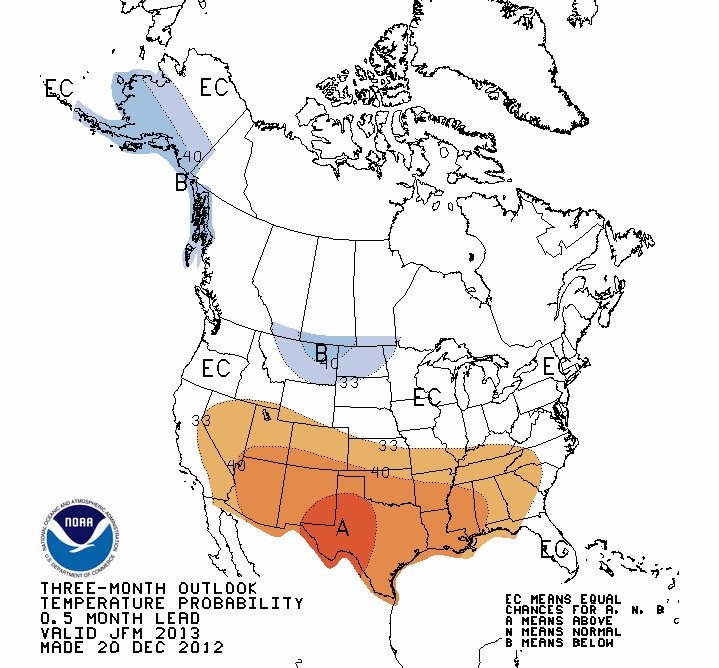You remember how Voyager 2 launched two weeks before Voyager 1? This is similar: I got photos of nephew #2 before nephew #1:

Yes, sir, that's a baby:

Late next year, Earth could get the best show from a comet in decades:
By the end of summer [Comet Ison] will become visible in small telescopes and binoculars. By October it will pass close to Mars and things will begin to stir. The surface will shift as the ice responds to the thermal shock, cracks will appear in the crust, tiny puffs of gas will rise from it as it is warmed. The comet's tail is forming.
Slowly at first but with increasing vigour, as it passes the orbit of Earth, the gas and dust geysers will gather force. The space around the comet becomes brilliant as the ice below the surface turns into gas and erupts, reflecting the light of the Sun. Now Ison is surrounded by a cloud of gas called the coma, hundreds of thousands of miles from side to side. The comet's rotation curves these jets into space as they trail into spirals behind it. As they move out the gas trails are stopped and blown backwards by the Solar Wind.
By late November it will be visible to the unaided eye just after dark in the same direction as the setting Sun.
I expect we'll hear more about this as it gets closer.
In a completely shocking, unforeseeable move, the people who stole leased Chicago's parking meters will raise rates next week:
In an annual ritual that has become as predictable if not as joyous as a New Year’s Eve countdown to midnight, Chicago drivers again will have to dig a little deeper to pay to park at meters in 2013.
Loop rates will go up 75 cents to $6.50 an hour as part of scheduled fee increases included in Mayor Richard Daley’s much-criticized 2008 lease of the city’s meters to Chicago Parking Meters LLC.
Paid street parking in neighborhoods near the Loop will rise 25 cents and reach $4 an hour. Metered spaces in the rest of Chicago also will increase by a quarter per hour, to $2, according to the company.
So, CPM's costs won't change, because they have a fixed 75-year lease. In fact, since interest rates are the lowest they've ever been in the U.S., and since the Fed has made it clear rates won't rise until the economy gets better, CPM's costs are actually significantly lower than they were in 2008. On what basis, then, are they raising interest rates?
I believe my economics professor Leslie Marx might have some insight. I'll ask her next chance I get.
I don't know how Amazon figures out what to recommend, nor do I know who's buying what from them. Sometimes I wonder, though, like when it gives me these helpful suggestions:

But of course it's important to have cookies when the revolution comes...
I still haven't gotten a holiday snap of No. 1 Nephew, so here's Winston Churchill Brendan again:

And here again is Roger, expressing exactly how I felt by 9pm yesterday:

XKCD tackles the astronomical and geographical challenges of following the Star of Bethlehem:
If the wise men leave Jerusalem and walk toward the star Sirius, day and night, even when it’s below the horizon, this is the path they follow over the surface:
If we allow a little theological confusion and assume the wise men can walk on water, they’ll eventually wind up going in an endless circle, 30 kilometers in diameter, around the South Pole.
Re-reading Matthew 2:7-10, however, I can't quite tell who the Magi were, what star they thought they were following, or what exactly they used to ascertain when it had showed them the location they sought. Possibly someone sent up a flare from the manger?
There he is, my sister's kid:

No, no, no. This is my sister's kid:

Sheesh.
Merry Christmas, kid. And dog.
You'll never guess where I am:

This is Chicago in December (though it looks and feels more like November). I tried flipping that photo between black & white and color a couple times, and I couldn't tell the difference.
Tonight I meet the nephews...
As I've reported before, Chicago's winter temperatures have more influence over summer temperatures than the reverse. The hypothesis is that if Lake Michigan can't give up its summer heat in the winter, it has less capacity to absorb the next summer's heat. But in the winter, cold air masses have more capacity to absorb the lake's heat than summer's warm air masses have to deposit it.
Well, if the weather so far is any indication, next summer will be brutal. We're not getting cold-enough air so far.
The last time the daytime high temperature was below freezing was February 25th, only the 12th day in 2012 to be as cold. Yesterday the temperature got up to freezing; today's, tomorrow's, and Tuesday's forecasts call for 1°C. The longer-range forecast calls for only three days with high temperatures below 0°C through the end of the year.
Through March, the Climate Prediction Center calls for normal temperatures:
